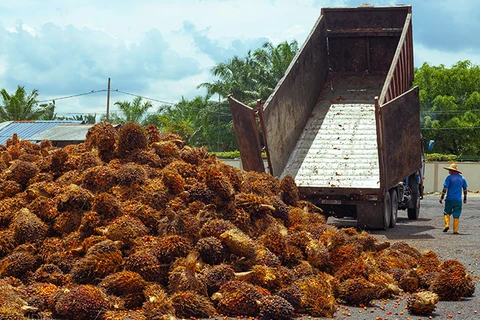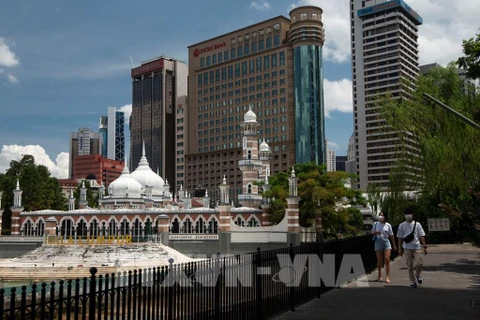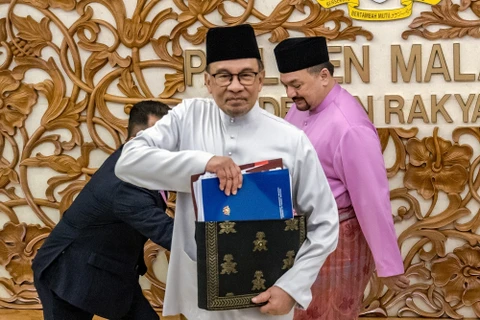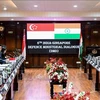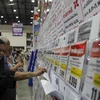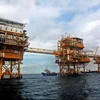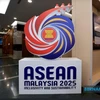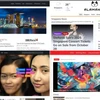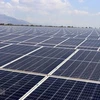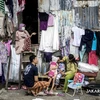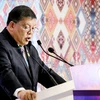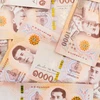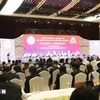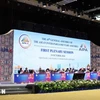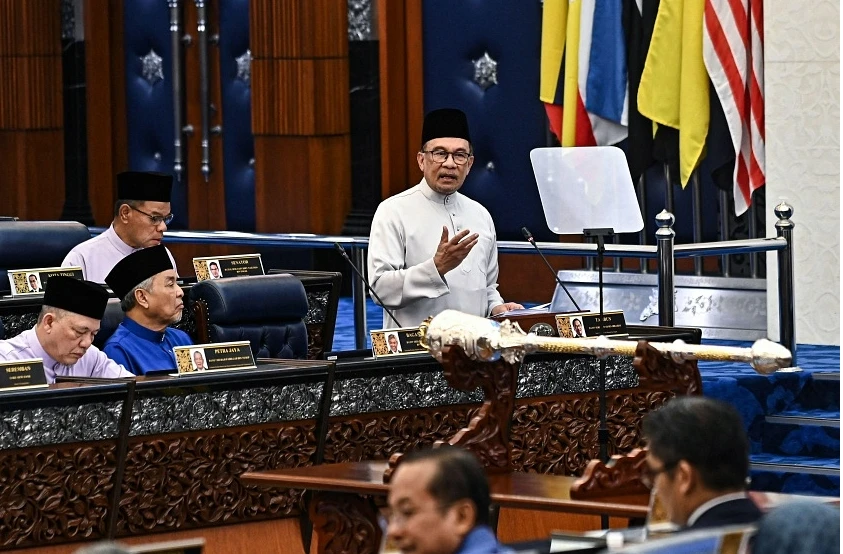
Kuala Lumpur (VNA) – The Malaysian government’s plan to cut fuel subsidies by mid-2025 is a key policy in the country’s fiscal reform strategy, but it is also bracing for a public backlash.
According to Economy Minister Rafizi Ramli, the government is mulling a two-tier price system for the country’s most-widely used fuel, so that the wealthiest 15% pay the market rate for RON95 petrol, while the rest enjoy the current subsidised price.
Although it may increase inflation, the government has plans to be ready to respond to difficulties and challenges in the coming time.
Malaysia has subsidised gasoline prices for decades, starting in the 1980s to help people buy fuel at cheap prices and support economic growth. However, fuel subsidies have taken up a large portion of the national budget over the years. In 2023, the government had to spend 50 billion MYR (11.63 billion USD) on fuel subsidies.
Earlier this year, the government abolished subsidies on diesel and is now setting a similar timeline for RON95 gasoline.
Rafizi has pledged to implement the policy in a rational manner to ensure sustainable economic growth. In addition to the targeted tiered pricing system, the government plans to provide cash subsidies to specific beneficiaries.
The recently announced 2025 budget shows that the Malaysian government is prioritising reducing the budget deficit, thus ensuring economic stability and increasing the confidence of both domestic and foreign investors./.
